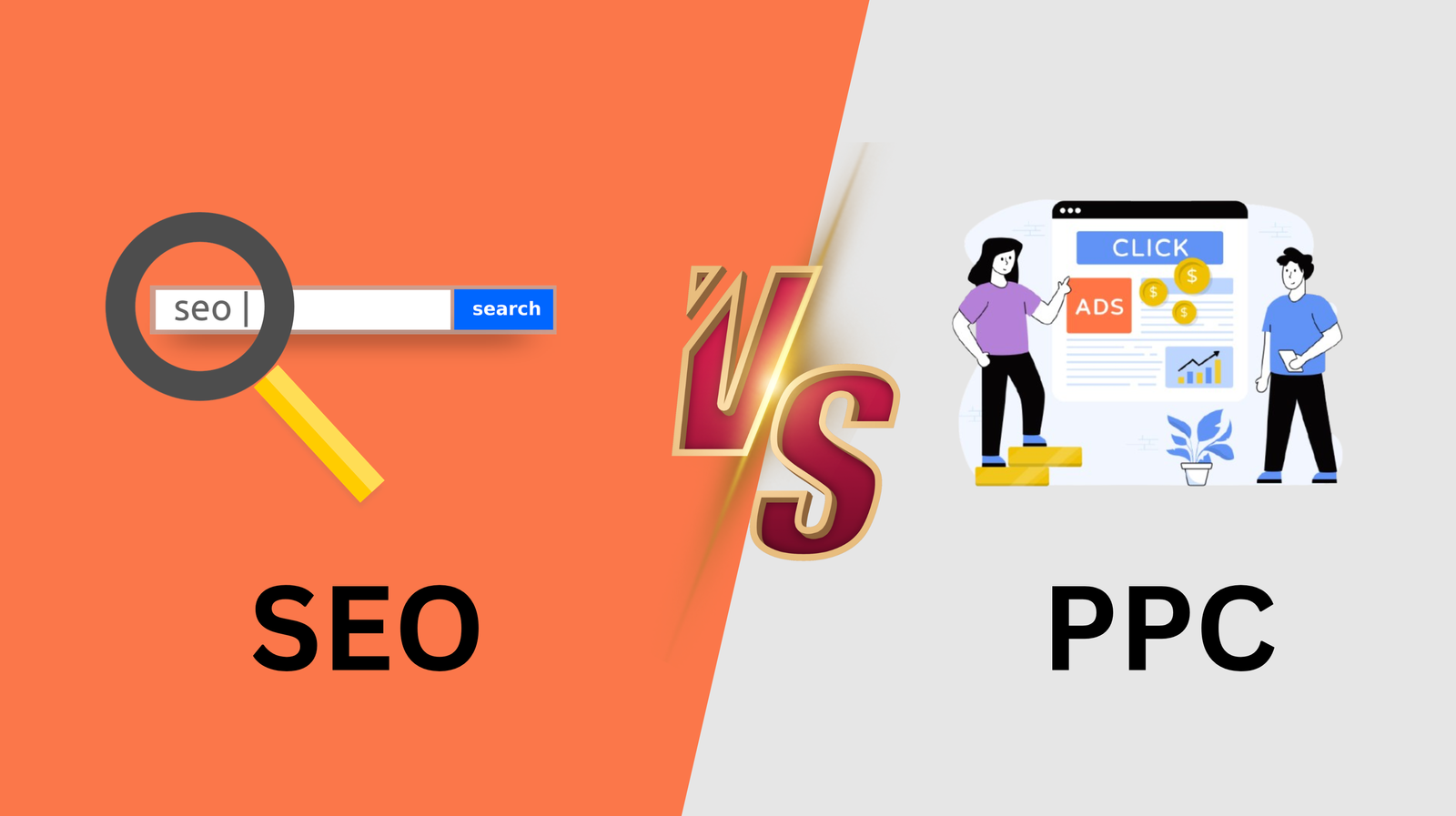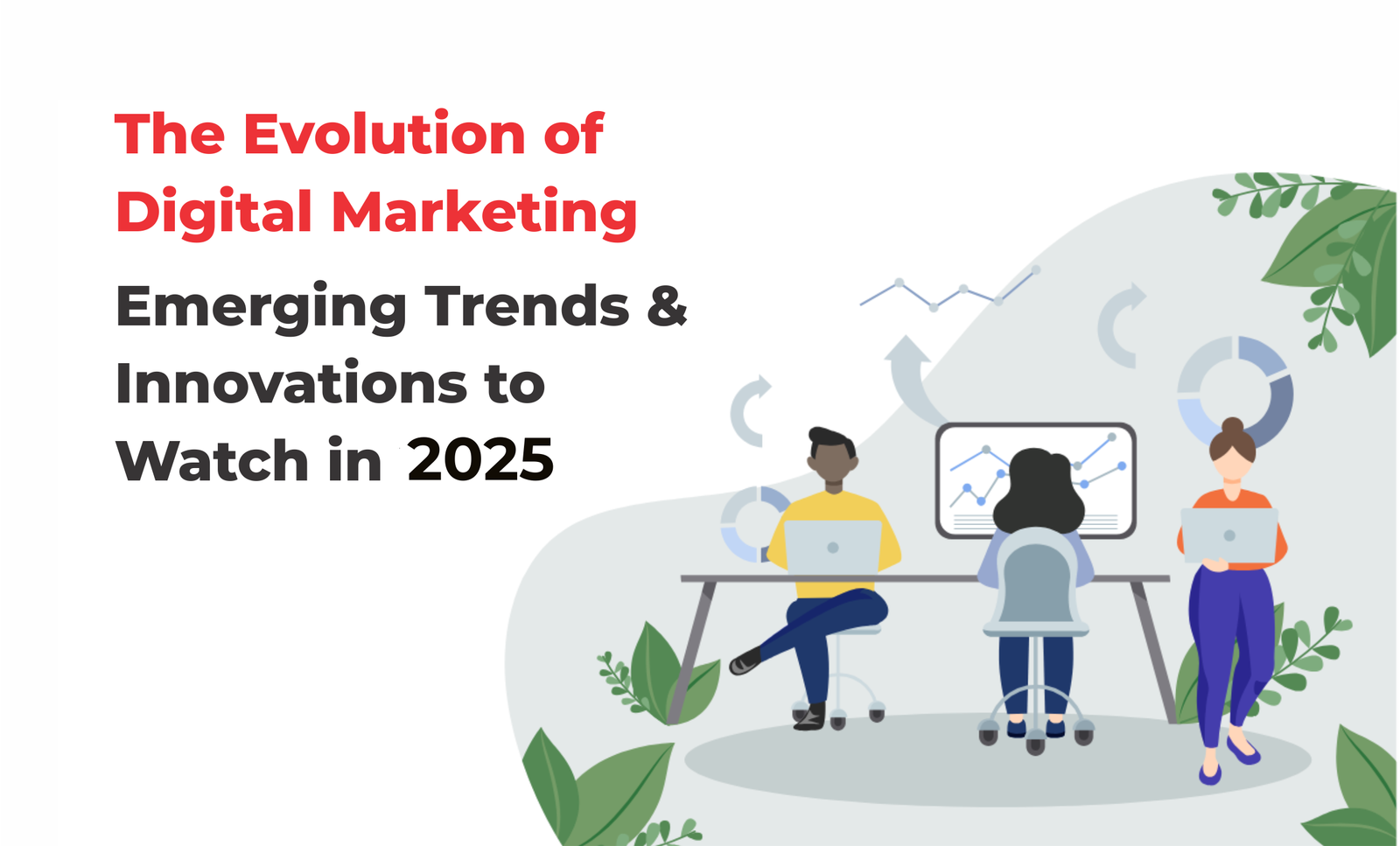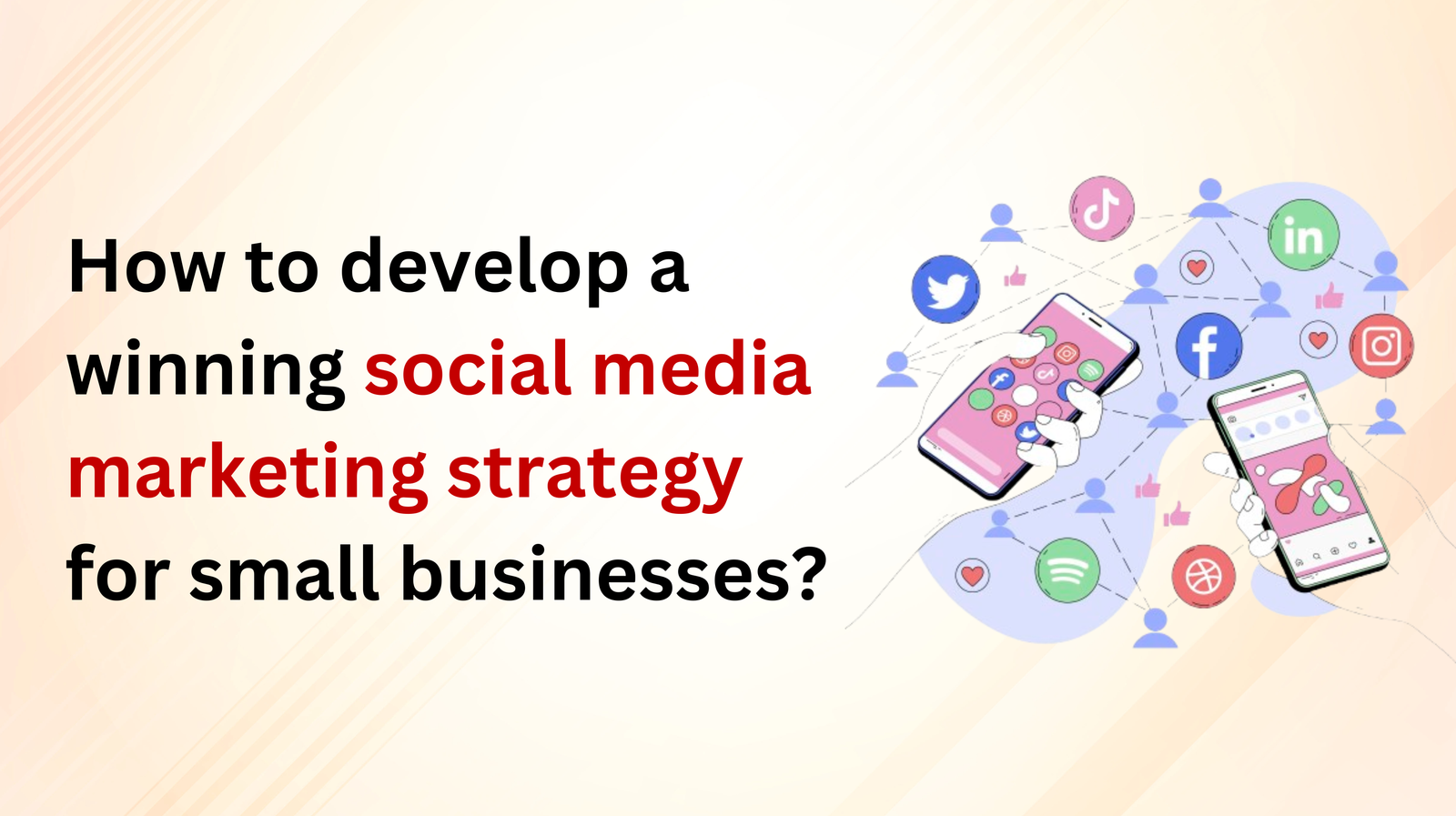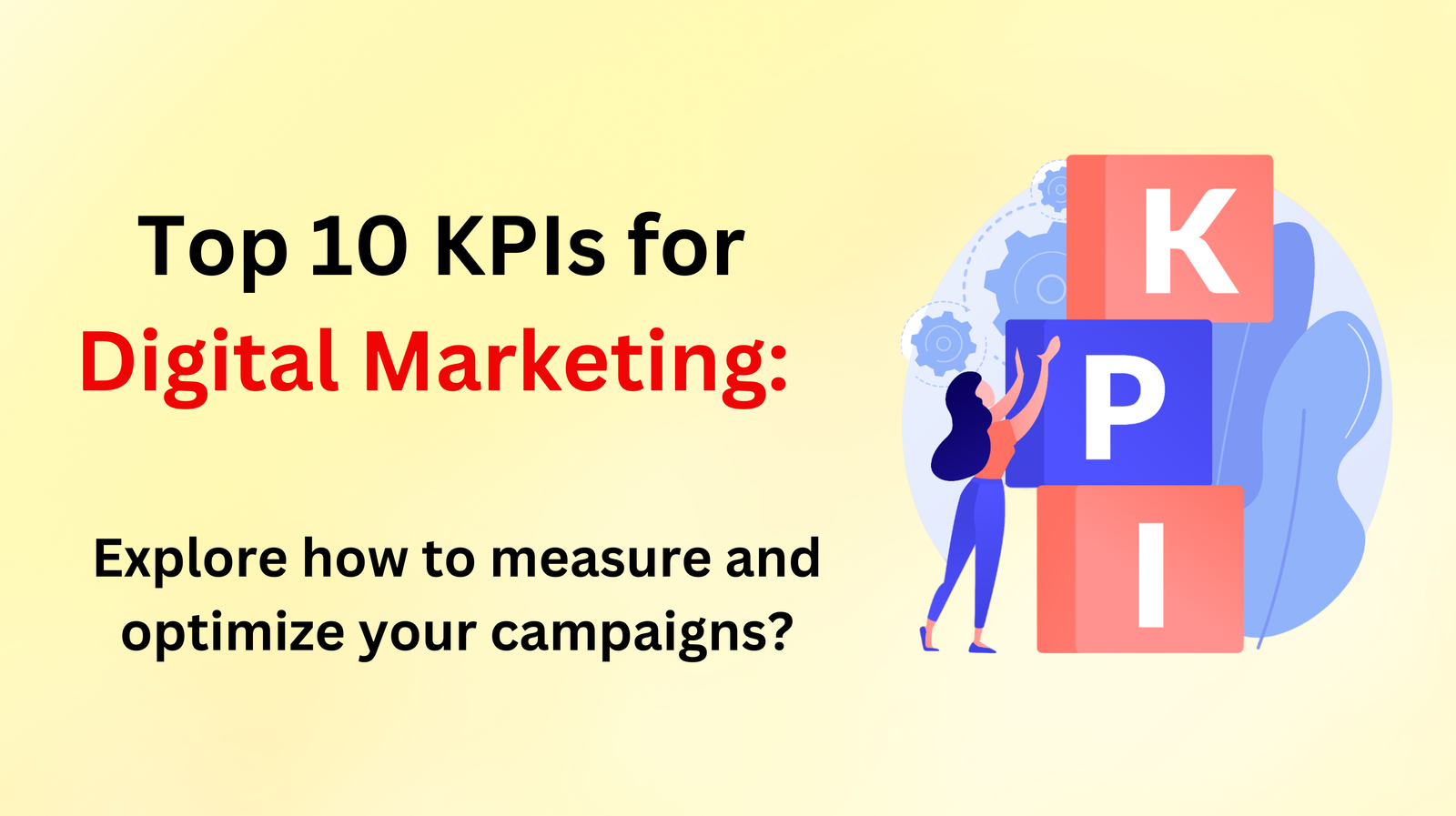Table of Contents
- Introduction
- Understanding SEO and PPC
- What is SEO?
- What is PPC?
- Key differences between SEO and PPC
- Cost Comparison: SEO vs. PPC
- Benefits of SEO and PPC for businesses
- Which strategy is more effective for Indian markets: SEO or PPC?
- SEO vs. PPC for lead generation in India
- Organic traffic vs. Paid traffic: Which is more valuable?
- Choosing the right strategy for your business
- Case studies: Success stories of SEO and PPC in the Indian market
- Conclusion: Among SEO and PPC- Which is right for your business?
- About Excite Template and our digital marketing services
Introduction
India is rapidly expanding its digital ecosystem. Businesses must adopt effective strategies to get and grow online traffic and convert it into loyal customers. SEO (Search Engine Optimization) and PPC (Pay-Per-Click) are the two most popular and high potential digital marketing approaches. Both techniques have their own advantages, also carries distinct characteristics and costs that influence their effectiveness based on a company’s goals, budget and target audience.
According to Statista, India’s digital advertising market is set to surpass ₹266 billion by 2024, and businesses are increasingly investing in strategies like SEO and PPC to boost their online visibility. But which online marketing strategy drives faster results in India? This blog will provide a deep dive into each approach to help you decide the best route for your business.
Understanding SEO and PPC
What is SEO?
SEO (Search Engine Optimization) is the process of improving the website to increase its visibility on the search engine results pages (SERPs). Through SEO, businesses can increase their search engine ranking by optimizing on-page factors (such as keyword-rich content, metadata, and internal linking) and off-page factors (like backlinks and domain authority).
The aim is to create high quality, relevant content that attracts and engages users over the long term. The average time to see notable SEO improvements is around 4 to 6 months, but results are typically sustained and grow over time as Google prioritizes sites with quality, relevance, and authority. Given that 75% of users never scroll past the first page on Google, high organic rankings can significantly boost a business’s traffic and trustworthiness.
What is PPC?
Pay-Per-Click advertising, commonly associated with Google Ads, is a paid approach where businesses bid on keywords to display their ads at the top of SERPs. Unlike SEO, PPC delivers instant visibility, with ads appearing as “sponsored” results for selected keywords.
When someone clicks on PPC ads, every time advertiser has to pay a fee for it. PPC is especially useful for time-sensitive initiatives, as it generates quick traffic. According to Google, businesses get an average of $2 in income for every $1 spent on Google ads. It makes PPC a potential and profitable investment if it is managed well.
Key differences between SEO and PPC
Getting familiar with the major differences between SEO and PPC is important to decide which approach is right for business goals. Here are some major distinctions:
1. Cost structure:
- SEO: SEO primarily requires an upfront investment in resources and time. Content creation, technical optimization, and link-building strategies contribute to initial costs, but once organic rankings are established, maintenance costs are relatively low.
- PPC: PPC requires a continuous budget. Advertisers pay per click, meaning the cost directly correlates to the volume of traffic generated. The average CPC for competitive keywords in sectors like finance and real estate can range from ₹20 to ₹500 in India, making PPC potentially expensive in the long term.
2. Time to see results:
- SEO: SEO typically takes longer to yield results, as it depends on factors like search engine crawling and indexing. On average, SEO takes 4–6 months for initial improvements and 8–12 months to establish high-ranking authority.
- PPC: PPC delivers almost immediate results. Campaigns go live as soon as ads are set up, making it ideal for businesses needing instant visibility.
3. Sustainability and long-term value:
- SEO: SEO builds sustainable value. Once you achieve high rankings, they tend to persist with minimal upkeep, making SEO an excellent long-term investment.
- PPC: PPC provides short-lived visibility that stops when the budget runs out. It’s a great strategy for rapid promotions but doesn’t offer residual value after the campaign ends.
4. Click-Through Rate (CTR):
- SEO: Organic results usually have a higher CTR than PPC ads. A study by SparkToro found that 67% of clicks go to organic results, which means users are more likely to trust and engage with organic listings.
- PPC: Paid ads can attract clicks from users who prioritize convenience. The CTR varies by industry, with e-commerce and local services often seeing higher engagement rates.
5. User trust and perception:
- SEO: Organic search results foster trust and credibility. Many people correlate high organic ranks with excellence and dependability.
- PPC: Paid ads, while effective for immediate engagement, may be viewed skeptically by users aware of the “Ad” label.
Cost comparison: SEO vs. PPC
The cost comparison between SEO and PPC is determined by many factors, which include industry, competition, and target keywords. Here’s an in-depth look:
- SEO: SEO costs primarily involve content creation, technical optimization, and possibly hiring an agency. For example, hiring an SEO agency in India can range from ₹20,000 to ₹80,000 per month, depending on the level of service. Over time, SEO becomes more cost-effective as organic rankings improve and lead to free traffic.
- PPC: PPC campaigns require continuous funding, as businesses pay per click. For example, the cost-per-click (CPC) in India varies greatly based on industry. In sectors like insurance and finance, the CPC for competitive keywords can reach ₹200. Monthly PPC costs can range from ₹10,000 to ₹100,000 based on ad volume and keyword competitiveness.
Benefits of SEO and PPC for businesses
Each approach has its strengths, and understanding these can help determine which strategy aligns with your business objectives.
Benefits of SEO:
- Sustained traffic growth: SEO provides long-term traffic once top rankings are established.
- High ROI: Organic traffic has a higher ROI over time as there are no ongoing click costs.
- Brand credibility: Users are more likely to trust organic search results, which improves brand reputation.
- Targeted content: SEO allows businesses to target a wide array of keywords, driving targeted traffic that matches search intent.
Benefits of PPC:
- Immediate results: PPC offers instant visibility and can be a quick solution for time-sensitive campaigns.
- Custom budgeting: Businesses can control their daily spend and target specific demographics.
- Flexible strategy: PPC allows rapid adjustments in targeting, keywords, and budgeting to optimize campaigns in real-time.
- High conversion potential: With the right ad copy and targeting, PPC can deliver high conversion rates, especially for e-commerce.
Which strategy is more effective for Indian markets: SEO vs. PPC?
Indian businesses can leverage both strategies, but choosing between them depends on several factors:
- Local businesses: Local businesses may find PPC beneficial for location-targeted ads, especially on Google Maps and local searches. On the other hand, local SEO, such as Google My Business optimization, can drive long-term local traffic.
- E-commerce companies: SEO can attract organic shoppers through long-tail keywords, while PPC campaigns like Google Shopping Ads drive quick sales. A mix of SEO and PPC is common in the e-commerce sector.
- Service-based industries: Service providers like real estate agents, financial consultants, and healthcare providers can benefit from SEO to establish authority and credibility. However, PPC works well for urgent needs, such as medical or legal assistance.
SEO vs. PPC for lead generation in India
SEO for lead generation: SEO can create a consistent lead flow by attracting users looking for relevant information or services. For example, optimizing for “digital marketing agencies in Delhi” may pull in users actively seeking digital marketing support, leading to more qualified leads.
PPC for lead generation: PPC is an excellent method for obtaining instant leads, especially for high-intent keywords. For instance, targeting keywords like “hire a digital marketing agency today” can generate quick leads, ideal for B2B businesses.
Organic traffic vs. Paid traffic: Which is more valuable?
- Organic traffic: Organic traffic is time taking process that needs long-term investment. Users search on search engines and trust the organic results which leads to higher engagement rates.
- Paid traffic: Paid traffic is fast and targeted, but it’s only valuable as long as the ads are live. Once the budget is depleted, traffic drops off, making it less sustainable.
Choosing the right strategy for your business
When picking between SEO and PPC, think about the following:
- Budget: PPC is ideal for businesses with a flexible budget, while SEO offers long-term ROI with a smaller initial investment.
- Timeline: PPC suits businesses needing immediate traffic, whereas SEO is better for sustained growth.
- Industry competition: In competitive sectors, SEO can be more cost-effective, while PPC offers instant visibility.
Case studies: Success stories of SEO and PPC in the Indian market
- SEO success story: An e-commerce company targeting keywords like “sustainable clothing India” gained 50% more organic traffic in 8 months, improving sales.
- PPC success story: A local service provider generated 500 leads in one month with Google Ads, targeting “home cleaning services Mumbai.”
Conclusion: Which one is right SEO or PPC for your business?
Both SEO and PPC are powerful tools, each with unique benefits. For long-term growth, SEO offers sustained traffic and credibility, while PPC provides immediate results, ideal for new product launches and urgent campaigns. Many organizations find that taking a balanced strategy that includes both tactics produces the best outcomes.
Finally, your business’s needs will determine whether you should use SEO or PPC. SEO is ideal for businesses looking to build authority and achieve sustainable growth, while PPC is excellent for businesses that need immediate visibility and are prepared to invest for short-term gains. Many Indian businesses choose a hybrid approach, using both SEO and PPC to balance long-term and short-term goals effectively.
About Excite Template and our digital marketing services
Excite Template is a trusted digital marketing company in Pune. We have expertise in both SEO and PPC advertising strategies for Indian businesses. Our skilled staff collaborates directly with you to understand your specific objectives and develop personalized methods to improve your internet visibility. Whether you’re a startup aiming for quick growth with PPC or an established business looking for a top SEO company in Pune, Excite Template offers solutions that deliver measurable success.
Related Reads:
Understanding the Importance of SEO in Web Development
Learn how SEO plays a critical role in the success of web development and why it’s essential for any website project.How to Rank Website on Google: Learn Simple SEO Hacks for Better Rankings
Discover easy yet effective SEO tips and tricks to improve your website’s ranking on Google and drive organic traffic.The Ultimate Guide to Creating a Digital Marketing Roadmap for Business Success
A step-by-step guide to building a comprehensive digital marketing strategy that ensures long-term business growth and success.
